For the incredible farmers we work alongside, cooperatives are a vehicle to a brighter future — an opportunity to share knowledge, labor and money for a chance at a better tomorrow.
International Day of Cooperatives honors the 3 million cooperatives worldwide engaged in a business model that centers the humans at its heart; those who band together in shared trust, understanding and hope. We’re proud to work with committed farmers across the globe who are organizing in this way, championing values of equality and solidarity.
Join us this International Day of Cooperatives, July 2, as we celebrate the people building strong communities and striving for a prosperous future.
Together, we can #BuildABetterWorld.
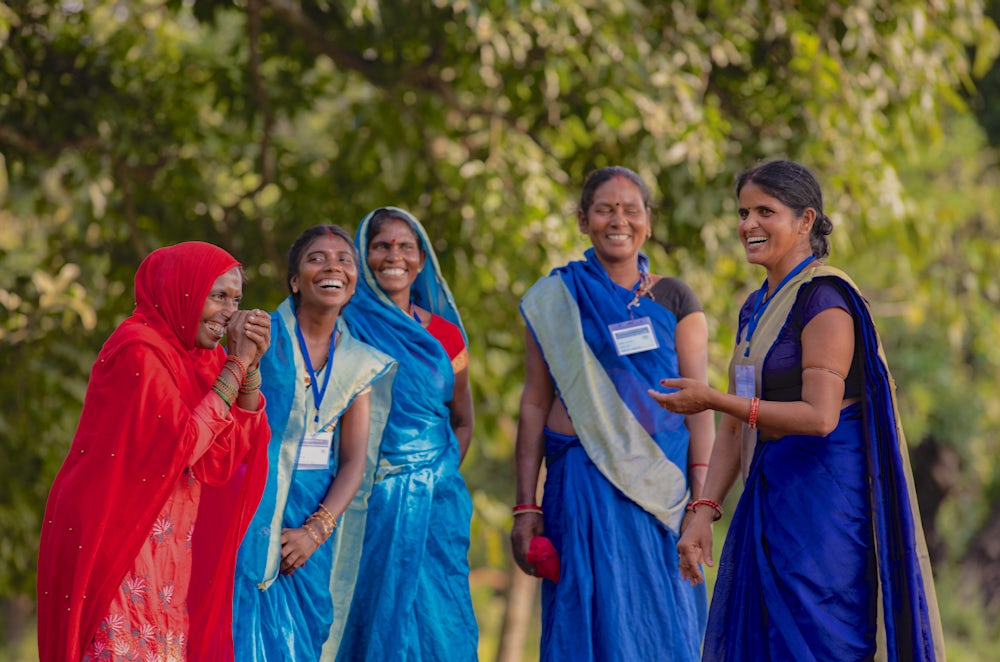
In Bihar, India, where deep caste and patriarchal prejudices often stunt development efforts, Nutan Devi is changing the perception of women in agriculture and business — through a women-led cooperative. After finance and business training, Nutan helped establish the Kamla Farmer Producer Company and serves as a director alongside nine other women from different castes, tribes and minority groups.
“We always encourage all members to unite and move forward with courage,” Nutan said. “The mantra is simple: Find a solution. There is no giving up.”
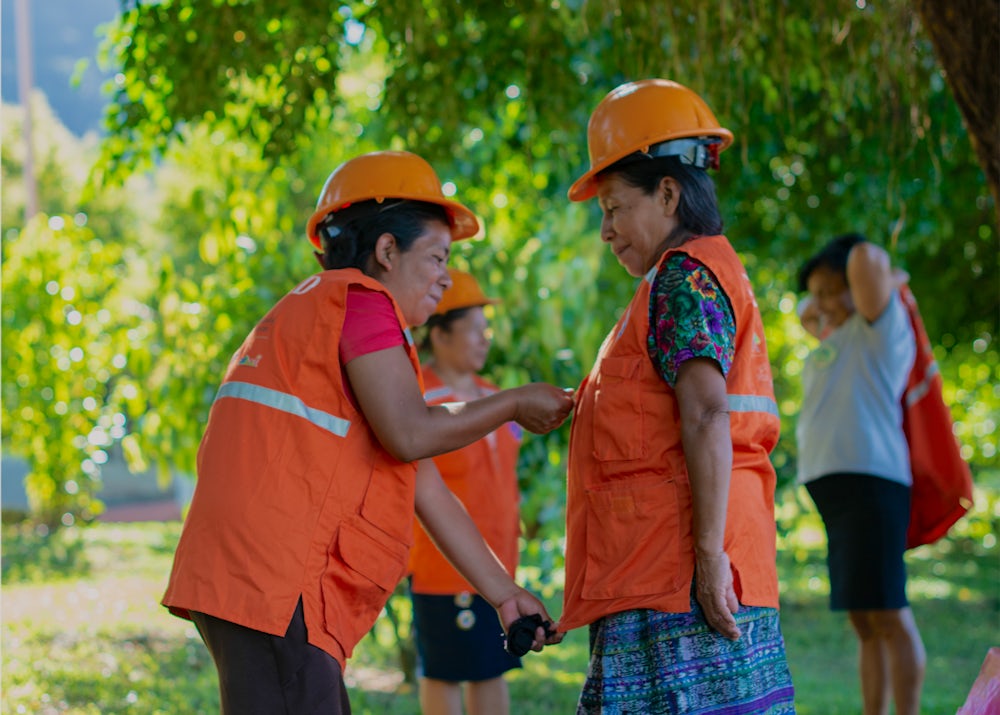
When two hurricanes battered Central America in November 2020, Maria Luisa Vasquez Gabriel and the women’s cooperative she formed with Heifer's support stepped up to help their community recover and rebuild. The group trains at-risk farming families in Guatemala on disaster reduction techniques — saving lives and livelihoods in the face of the unpredictable.
“We said, as women, ‘We want to do this,’” recalled Maria. “And as of today, we’re still standing, fighting to take care of our community.”
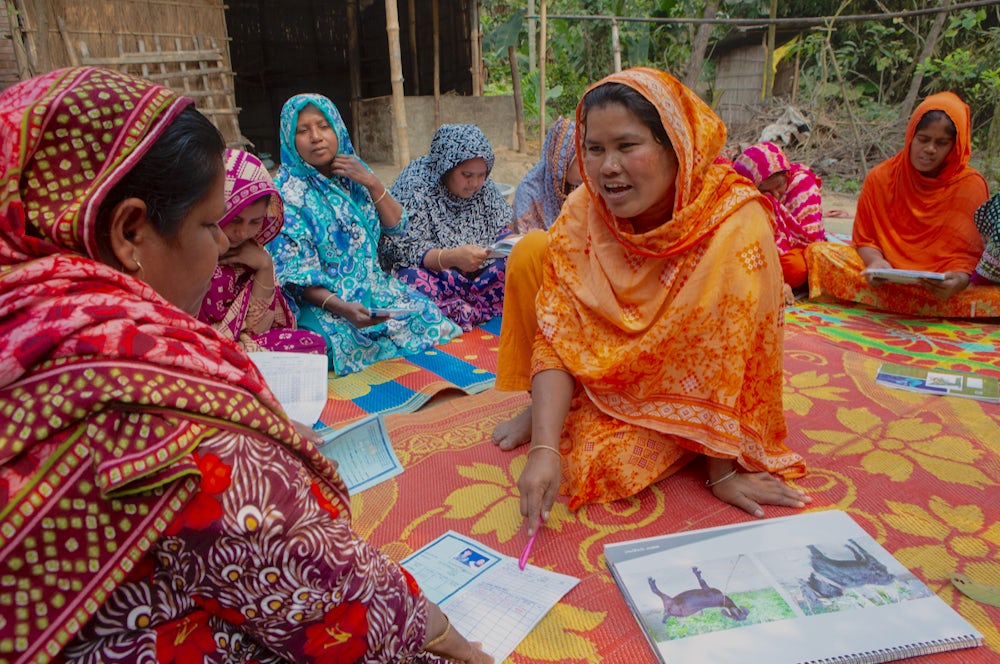
In Bangladesh, where women often lack access to education and economic opportunities, Aeysha Siddka serves as the vice president of the the Aamra Shadhin Women’s Cooperative, where she leads financial literacy and animal well-being trainings. Agricultural cooperatives in Bangladesh, like Aeysha’s, are transforming markets, finding innovative ways to earn profits, and bringing about brighter futures.
“It is very important to help others,” said Aeysha. “Once upon a time I was helpless and … nobody came to help me. But it is essential I help them.”
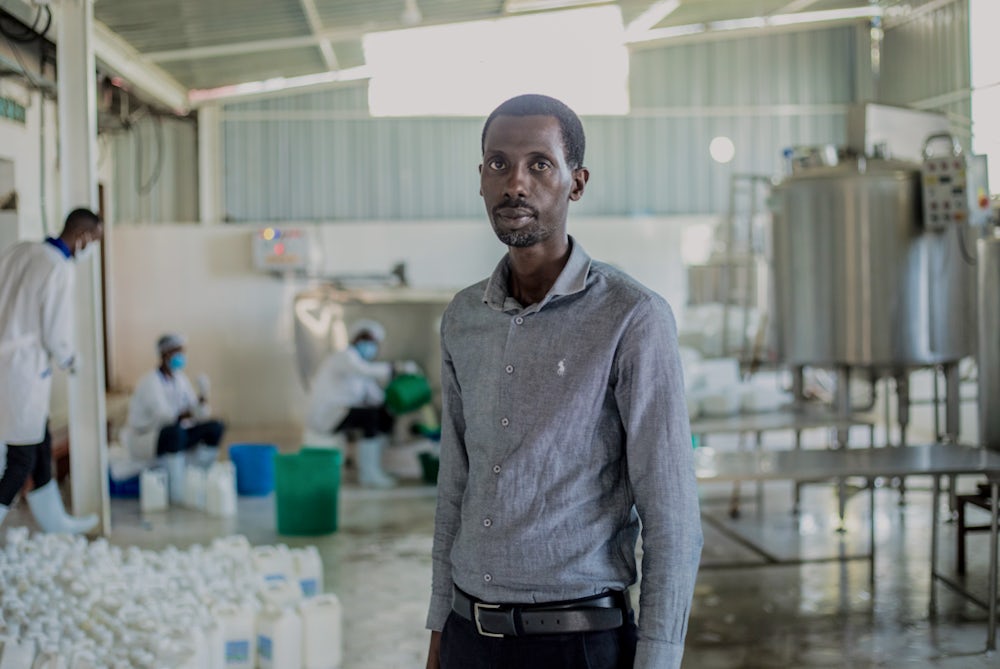
In rural Rwanda, Sam Kamugisha oversees the daily operation of a dairy cooperative’s business — from revenues to staff management to the marketing of products. With financial support from Heifer, the Nyagatare Dairy Cooperative is increasing farmers’ incomes and reducing waste by processing milk into desirable products, like yogurt and fermented milk.
“Agricultural businesses are important for the people in this community,” Sam said. “[This cooperative] creates the market for them to sell their produce and get the income they need to support their daily needs.”
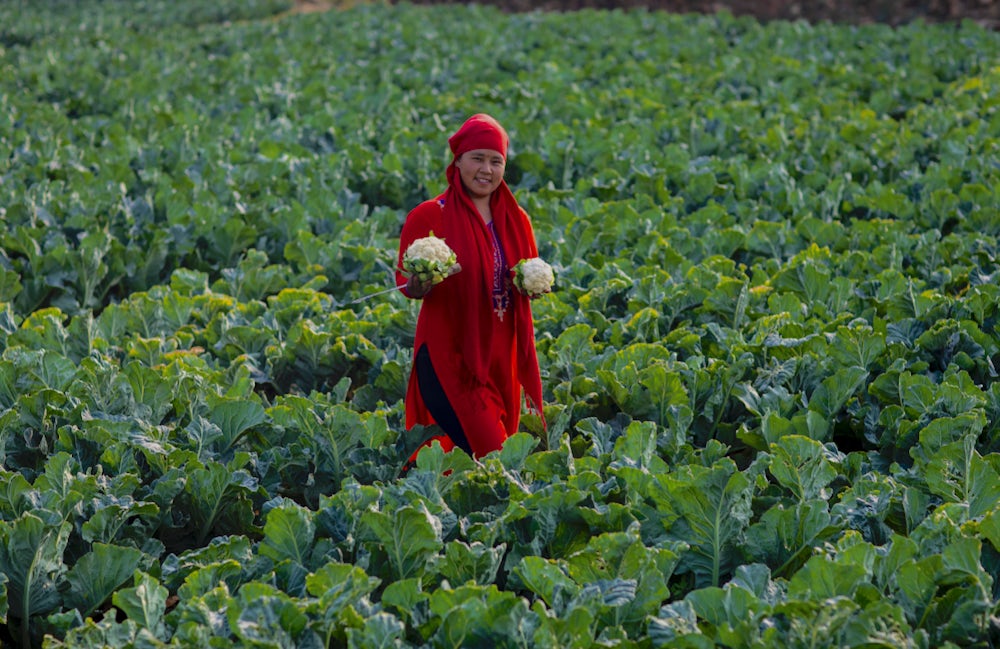
For cooperative manager Shanti Tamang, the Chhatre Deurali Social Entrepreneur Women’s Cooperative in Nepal offers more than just a sense of community with fellow farmers; It’s also a place to access loans and savings that cover unexpected costs, like health care and school fees. The co-op's animal management trainings also increase its members’ herd sizes and profits, which farmers like Shanti invest back into their families and farms.
“When [members] need $250 to get their kids admitted to school, this cooperative is the only resort for most of the women,” Shanti said.
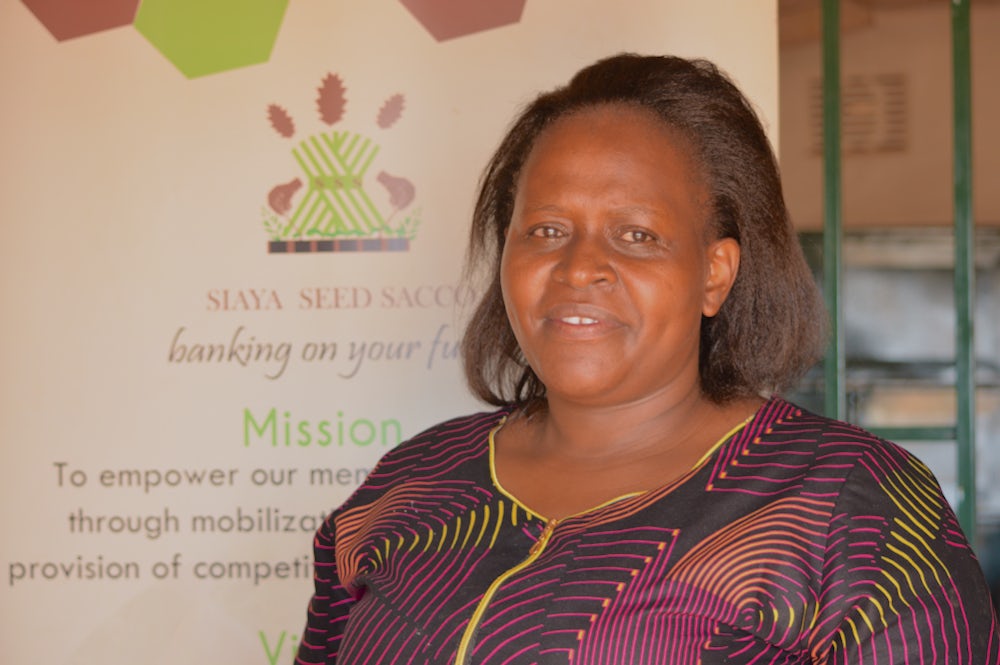
Victorine Atieno Owino knows how transformative access to funds can be for smallholder farmers in Siaya County, Kenya. As the manager of the Siaya Seed Savings and Credit Cooperative, she teaches farmers how to save, helps them open bank accounts and extends loans to poultry producers — financial tools that lead to more food for local markets and income that keeps food on farmers’ own tables.
“I’ve seen a woman come from not having any shelter and living in a deteriorating condition to, after two or three years, becoming empowered because of [our] support,” said Victorine. “I wake up each day to ensure more people are empowered.”
